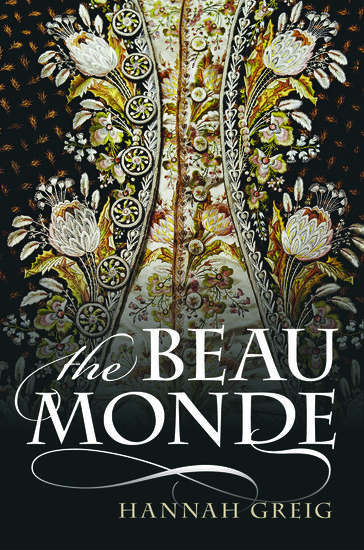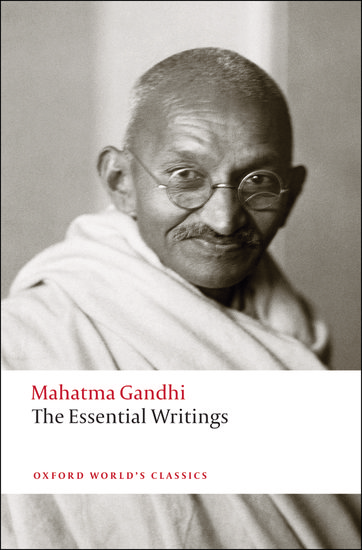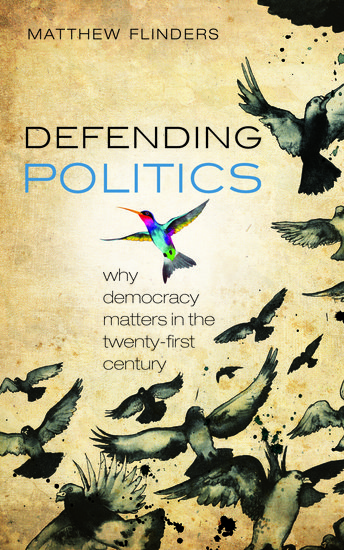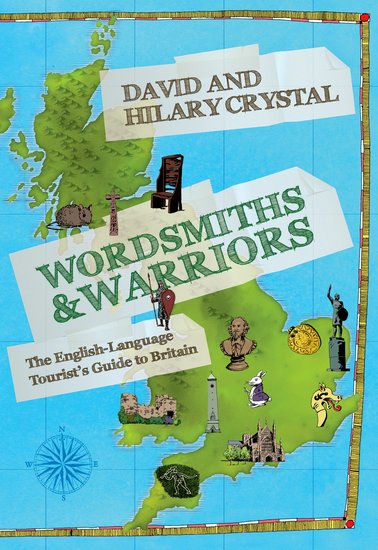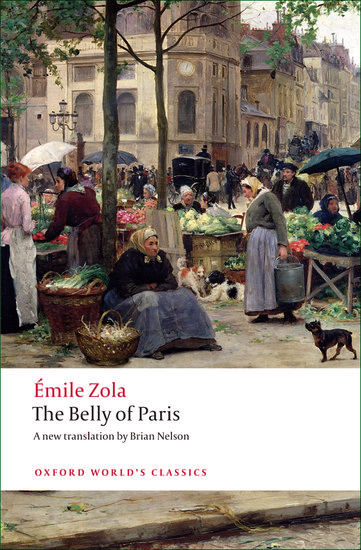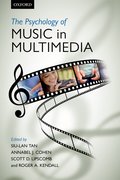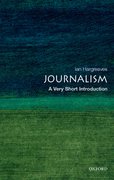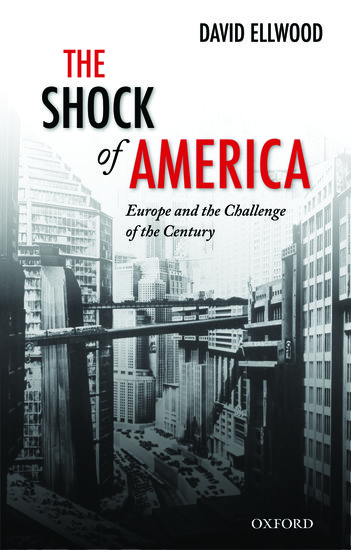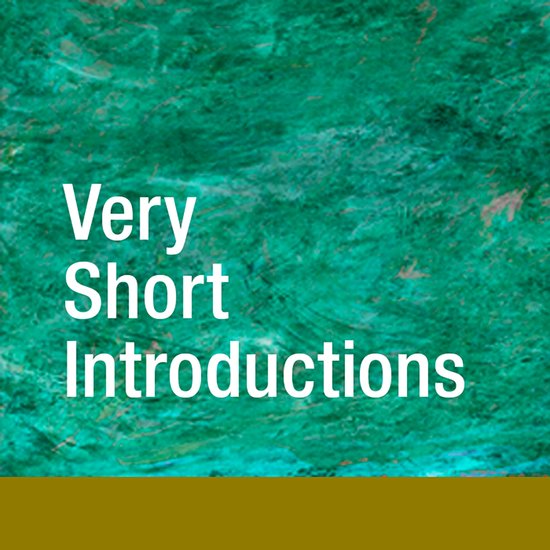In the footsteps of the fashionable world
By Hannah Greig
Each autumn, throughout the 1700s, London’s West End was transformed. Previously quiet squares were populated again, first by servants and tradesmen. After the houses were readied, their employers journeyed to the capital from their country estates between October and January. Snow, noted one observer, ‘brings up all the Fine folks [to London], flocking like half-frozen birds into a Farm-yard, from the terror…of another fatal month’s confinement…in the country’.

